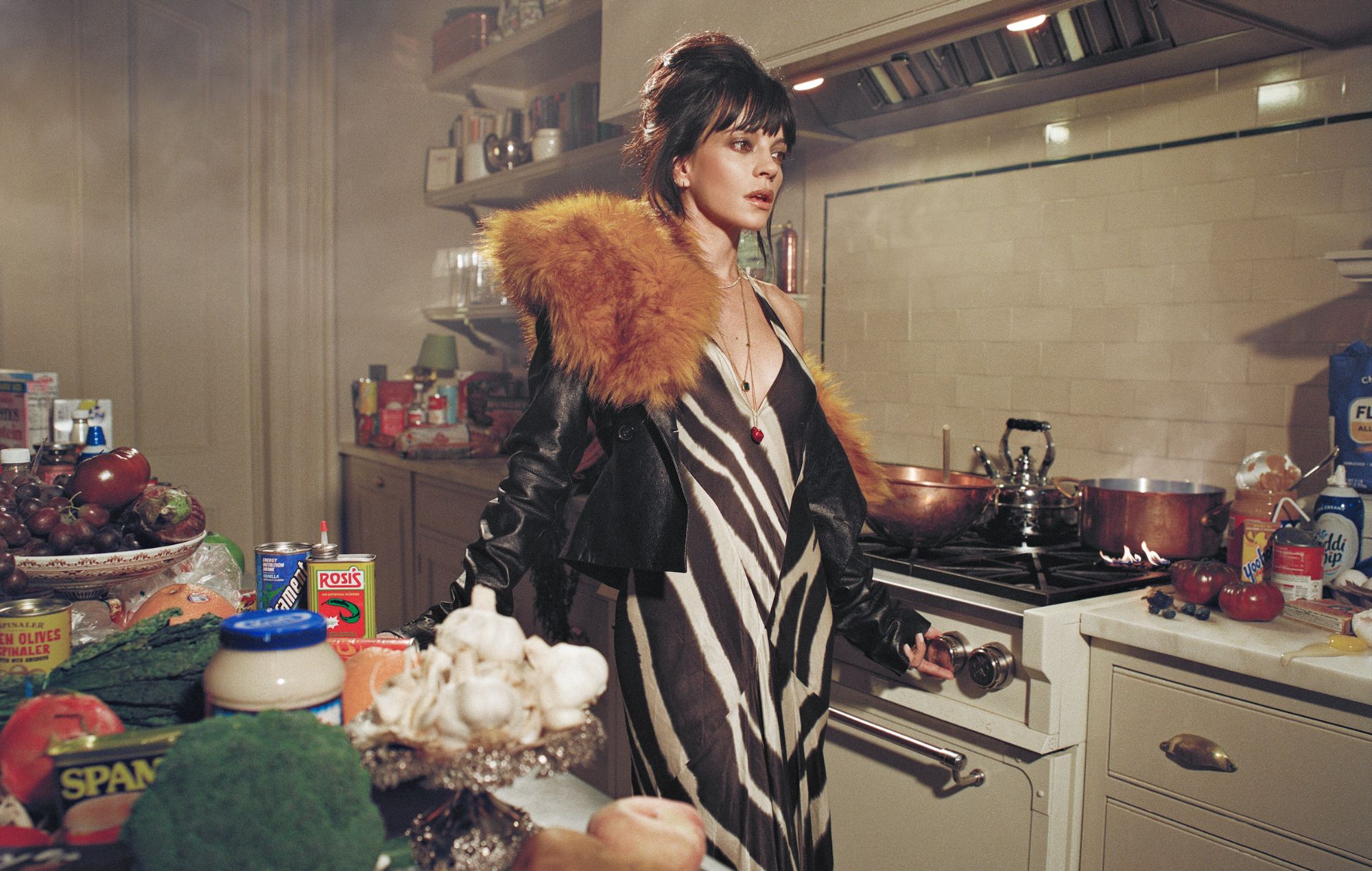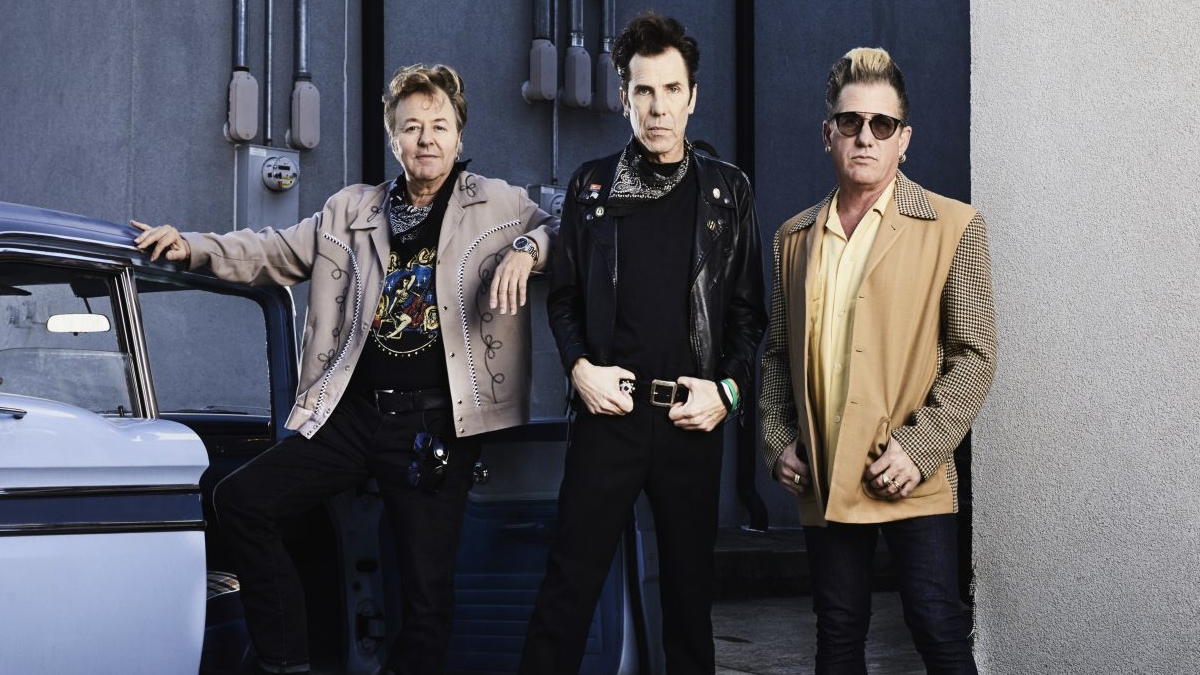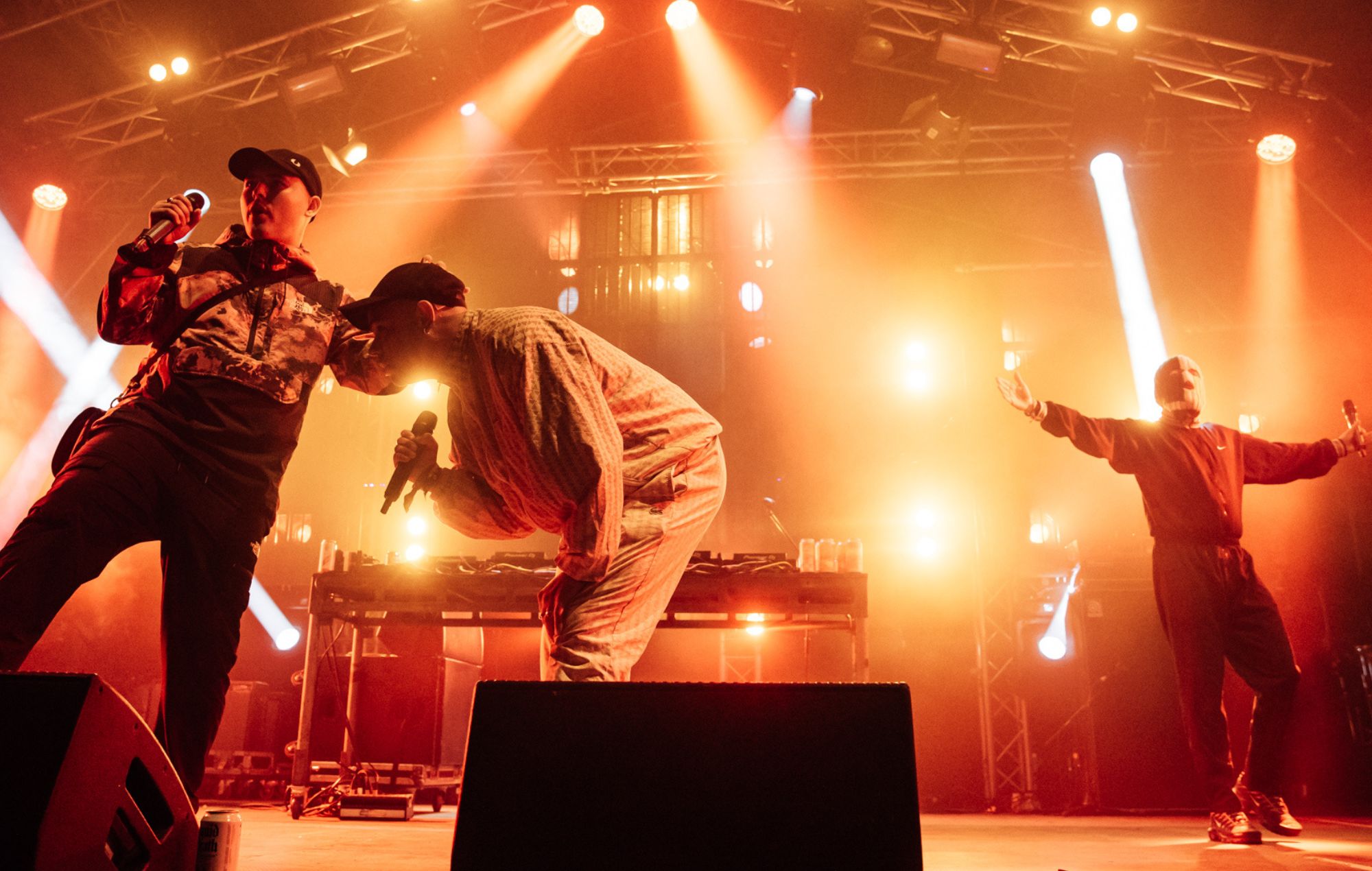Lily Allen’s Descent into Controversy: From OnlyFans to Dating App Bans, Exposing the Dark Side of Celebrity Life and Modern Relationships
Lily Allen, a name synonymous with both pop hits and candid commentary, has recently found herself in the eye of a media storm—one that reflects the complexities of modern celebrity culture and personal turmoil. In an age where social media platforms and adult content subscriptions have blurred the lines between personal and public life, Allen’s experiences serve as a case study in the pitfalls of fame and the public’s insatiable curiosity.
The singer’s revelations about her OnlyFans account, dedicated to selling pictures and videos of her feet, highlight this intersection of personal choices and societal judgment. Initially, Allen’s foray into the world of foot fetishism was met with intrigue. She candidly shared that the venture proved to be more lucrative than her earnings from Spotify, indicating a shift in how artists are monetizing their work in the digital age. However, her enthusiasm waned following her split from actor David Harbour, as she expressed that the fun had diminished. This sentiment resonates with many who have experienced the emotional fallout of a breakup, raising questions about how personal trauma can affect professional pursuits.
The details of her OnlyFans account reveal a niche market with specific demands, from “dirty soles” to “white socks in Mary Jane shoes.” This specificity underscores a broader cultural fascination with fetishism and the commodification of the human body, particularly in the context of a celebrity. Allen’s candidness about the requests she received—some of which delve into the deeply personal—invites scrutiny into the psychological implications of such an endeavor. The singer’s experiences with receiving “horrible messages” in her DMs also reflect the darker side of online interactions, where anonymity can embolden cruelty.
Moreover, Allen’s revelation that she was banned from the dating app Hinge for “impersonating myself” adds another layer to her narrative. This incident raises significant questions about identity and authenticity in the digital age. In a world where social media profiles often serve as a curated version of oneself, the line between reality and façade becomes increasingly blurred. Allen’s struggle to prove her identity—compounded by the discrepancy between her stage name and legal name—highlights the absurdity of a system that prioritizes verification over personal truth. As more celebrities navigate the complexities of online dating against the backdrop of their public personas, the implications of such bans can have far-reaching effects on their personal lives.
Adding to her unconventional approach to social media, Allen disclosed that she maintains several Finstagram accounts, including one impersonating fellow pop star Charli XCX. This revelation raises eyebrows about the motives behind such accounts. While some may view these as harmless fun or an avenue for escapism, they also reflect a deeper desire for connection, albeit through subterfuge. The act of “spying on people” through these accounts speaks to a universal curiosity that transcends celebrity status, yet it also poses ethical dilemmas about privacy and respect in the digital landscape.
In the midst of these personal upheavals, Allen has released her new album, “West End Girl,” which she asserts is not a cruel reflection of her experiences but rather a mature exploration of her emotional landscape. The album, described as a “slow-burn break-up album,” draws heavily from her life, suggesting a cathartic process that many artists undergo. The critical reception has been largely positive, with reviews highlighting the “pop hooks and brutal honesty” that characterize her work. This artistic expression serves as both a coping mechanism and a means of connecting with her audience, inviting listeners to reflect on their struggles and triumphs.
Allen’s comments about Charli XCX’s rising success also signal a shift in the music industry, where newer artists are gaining prominence alongside established stars. The juxtaposition of Allen’s seasoned career with the fresh energy of emerging talents raises questions about legacy and relevance in a rapidly changing musical landscape. Her surprise at Charli not headlining Glastonbury 2025 reflects a broader sentiment in the industry regarding recognition and the ever-evolving criteria for success.
As Allen navigates these personal and professional challenges, her story encapsulates a broader commentary on the intersection of celebrity, mental health, and social media. The pressures of maintaining a public persona while grappling with personal issues are magnified in the digital era, where every misstep is scrutinized and every choice can lead to unforeseen consequences. The listing of the NYC townhouse she shared with Harbour shortly after her album’s release further symbolizes the bittersweet nature of moving on, both in life and in art.
In this environment of constant exposure, Allen’s experiences resonate with many who feel the weight of public opinion and the complexities of modern relationships. As she continues to evolve as an artist and individual, her journey serves as a reminder of the delicate balance between personal authenticity and the curated realities of fame. The ongoing conversation about mental health, privacy, and the impact of social media on relationships remains ever-relevant, as more individuals grapple with the challenges of connecting in an increasingly digital world.

Lily Allen has opened about her OnlyFans foot account explaining that “it wasn’t that fun” once she split from David Harbour.
Reports of Allen’s separation from Harbour emerged at the start of this year, amid rumours that the Stranger Things star had cheated. Later, Allen revealed that she went into a treatment centre to deal with the “emotional turmoil” of the break-up.
The singer launched her OnlyFans account last year to sell pictures and videos of her feet, which she said made her more money than she does from Spotify.
During a new conversation with Interview, Allen said she was “quite active in the beginning” but “when I broke up with David, it just wasn’t that fun anymore”.
She also detailed what requests people asked for. “They want dirty soles, white socks, like schoolgirl socks or ankle socks, some clean, some dirty. White socks in Mary Jane shoes. Stepping in food. Toe spreading, because that’s what happens when you’re climaxing,” Allen said.
The singer went on to say “people like shoes” and that “there’s a more sophisticated customer that likes a stocking and a court shoe”.
Allen previously spoke about the downside of her account. “I’ve had a lot of disparaging, you know, horrible messages in my DMs. I’m talking really personal, nasty,” she said at the time.
Elsewhere, she also revealed to Interview that she got banned from the dating app Hinge for “impersonating myself”.
Allen added: “I’m like, ‘I can prove that I’m that person.’ They’re like, ‘You’ll need to send us your ID.’ And I’m like, ‘Actually my name and the name on my ID aren’t the same.’”
She also said she has several Finstagram accounts, including one impersonating Charli XCX.
“I have about five. One’s a fake Charli XCX account,” Allen said, adding that she uses them for “spying on people. But then I get found out and then I get blocked and then I have to start a new one.”
Elsewhere in the interview, the singer insisted that her new LP ‘West End Girl’ is “not a cruel album”, saying she is no longer “confused or angry” about the circumstances that inspired the record.
Earlier this year, Allen praised Charli XCX and her “fucking huge moment” with ‘Brat’. She said she was “surprised” that Charli wasn’t headlining Glastonbury 2025, adding: “I don’t really understand why that’s happened.”
In a four-star review, NME described ‘West End Girl’ as “a sleek, smart collection that sees Allen back at her very best”. It hailed the singer’s “pop hooks and brutal honesty”, and called the LP “a slow-burn break-up album with Allen taking heavy inspiration from her own life”.
The post Lily Allen talks OnlyFans foot account, says she got banned from Hinge, and that she has a Finstagram impersonating Charli XCX appeared first on NME.



